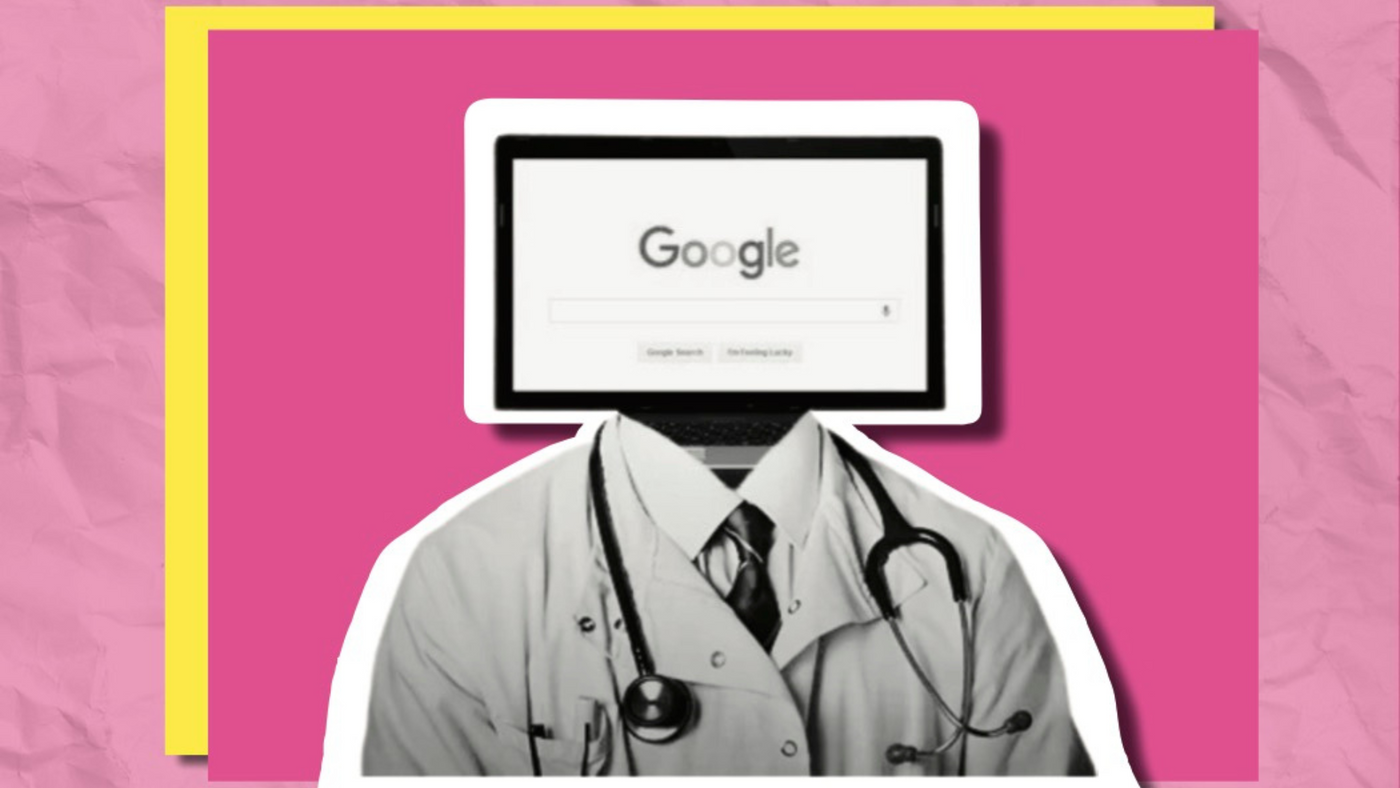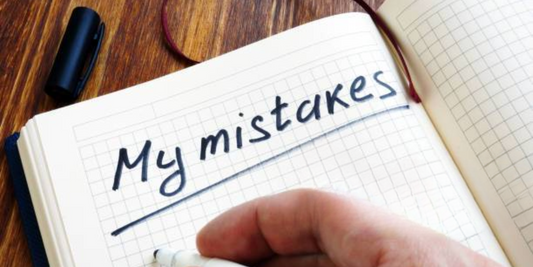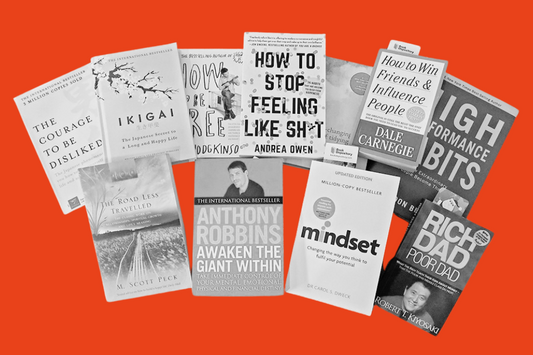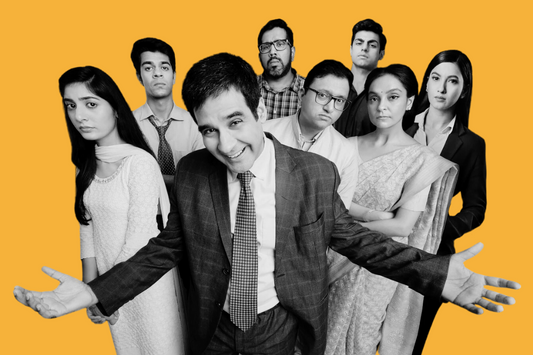Have you ever diagnosed yourself and others around you based on symptoms of what you saw online? We've all been there.
You experience a weird symptom, hop online, and suddenly you're convinced you have every mental health disorder in the DSM. Social media, a double-edged sword, opened the door to mental health awareness but also birthed a strange trend: self-diagnosing by symptom checklist.
Remember the pandemic's peak? We were all struggling, and social media became a lifeline for shared experiences. People bravely opened up, fostering a sense of community and normalcy. But as restrictions eased, a shift occurred. Creators, perhaps fearing a drop in relevance, started bombarding us with vague symptom lists and "narcissist alert" reels. Suddenly, everyone had ADHD (or so they thought) and mental health became a competition of who's got it the worst. Therapists are seeing a concerning rise in people self-diagnosing based on these online quizzes, leading to unnecessary anxiety and a distorted view of their mental well-being.
The internet is a vast, wonderful resource, but it's not a therapist. It can provide general information, but it can't account for your unique life experiences or accurately diagnose you. While AI may someday become a diagnostic whiz, that day hasn't arrived. The problem snowballs when you factor in creators of questionable backgrounds jumping on the "mental health awareness" bandwagon. Social media algorithms then personalize your feed based on your searches, creating echo chambers where you see only information that confirms your existing anxieties.
So, How Do We Navigate This Mess?
The good news: we have control over our brains!
- Self-Awareness is Key: Recognizing your thoughts, emotions, and behaviors is great. But dwelling on them and becoming hyper-critical can lead to anxiety and self-doubt.
- Fear Not the Unknown: Fear of the unknown fuels the urge to constantly research and feel in control. But sometimes, stepping back and trusting yourself is the best course of action.
- Curiosity Can Be a Double-Edged Sword: It's natural to be curious and seek knowledge. However, sometimes this curiosity can morph into an obsessive need to know everything, leading to information overload and anxiety.
We all get sucked into Google spirals occasionally, especially when anxious. It's a way to try and gain control. But this growing anxiety might be masking something deeper. Self-diagnosing can be a first step towards seeking help, but relying solely on social media information can lead to misdiagnosis and prevent you from getting the professional support you need. Social media thrives on engagement, and algorithms feed you content that reinforces your existing beliefs, creating echo chambers that worsen the problem.
Not everyone dispensing mental health advice online is qualified. Mental health influencers can be a starting point for exploring different conditions, but they are not substitutes for diagnosis or treatment. Diagnosis is a complex process used by professionals to determine the best course of treatment. When we throw diagnoses around casually, it fuels our tendency to hyper-vigilantly judge ourselves and others based on symptoms, neglecting the human aspect of the situation.
There's no one-size-fits-all approach to mental health. You can't simply copy how someone else deals with life's challenges. Social media can be a source of positive mental health content, but use it cautiously.
Taking care of your mental health is crucial. Seeking professional help is a sign of strength and self-care, not weakness. You don't have to navigate this alone. Remember, everyone is unique, with their own experiences and emotions. Mental health conditions are complex and involve a range of factors. Social media's blanket statements about mental health don't apply to everyone. Your lived experiences and those of others provide valuable context for understanding yourself and the people around you.
So, before you diagnose yourself or others based on a few online symptoms, take a deep breath and consider what your brain might be trying to tell you!





